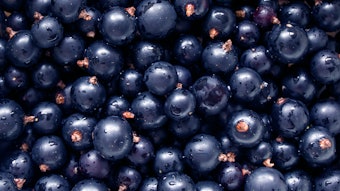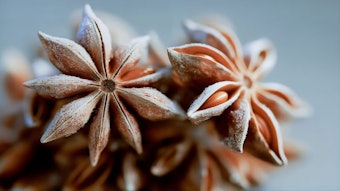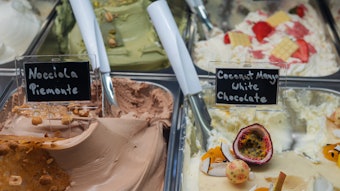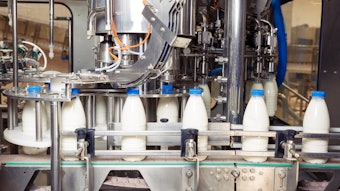Long ago, a wealthy nobleman from Palermo was served a dish so delicious that he yelled in delight, "Cari! Ma Cari! Macaroni!,“ which translates to mean “The dears! But the dears! The special darlings!” Some believe that this is how macaroni may have been christened. Then again, maccari in Italian also means to pound, which is required when preparing pasta dough. However, the former story is more interesting.
The passion that this Palermo man had for pasta is shared not only by other Italians, but also by many others around the globe. Moreover, poets such as Horace wrote about it, musicians sang to its sumptuousness, museums were raised in its honor (Museo Storico Degli Spaghetti) and even some private social clubs of the eighteenth century were named “Macaroni Clubs.”
Another amusing story is that of Marco Polo’s discovery of pasta in China in 1295. It is said that upon returning to his ship from a Chinese island, Polo introduced his sailors to a wonderful “string-shaped" flour-and-water dough. Everyone agreed that it was indeed a stroke of luck to have made such a precious discovery and that it would be fitting to name these treasures after the luckiest sailor, who incidently happened to be named Spaghetti!










